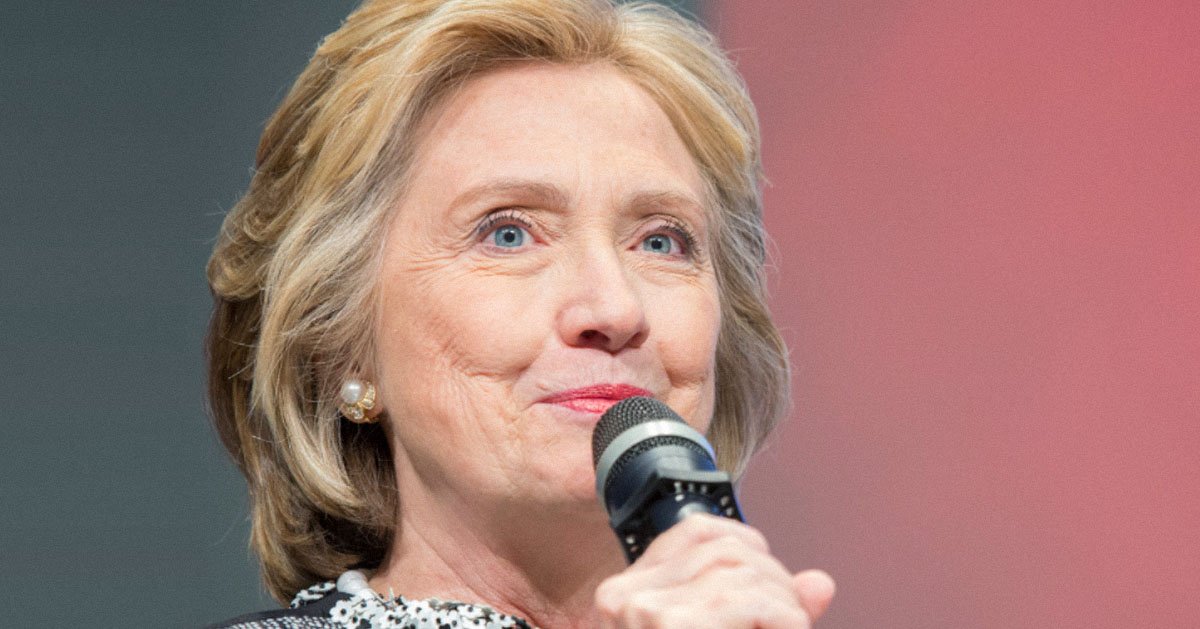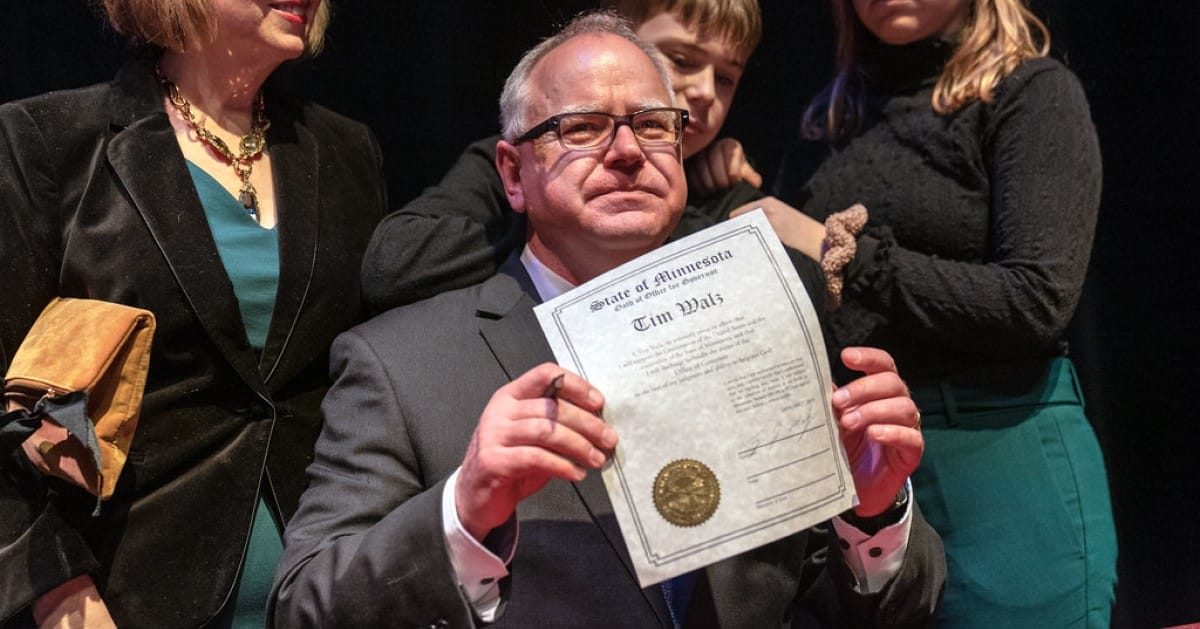








U.S. President Donald Trump has just pulled off a diplomatic coup in Southeast Asia that’s got everyone talking.
Fox News reported that in a landmark moment at the Association of Southeast Asian Nations summit in Kuala Lumpur, Malaysia, Cambodia and Thailand signed a crucial ceasefire expansion on Sunday, with Trump’s fingerprints all over the deal after brokering the initial truce over the summer.
Let’s rewind to Trump’s arrival at Kuala Lumpur International Airport, where he strutted his stuff with Malaysian Prime Minister Anwar Ibrahim, even breaking out his signature campaign dance alongside local performers.
Waving an American flag in one hand and a Malaysian flag in the other, he set the tone for a trip that’s as much about showmanship as it is about substance. You’ve got to admire the energy—diplomacy with a side of flair.
Before the ink even hit the paper, Trump had been working behind the scenes, twisting arms with the threat of higher tariffs to push Cambodia and Thailand to the table. Say what you will about strong-arm tactics, but they got results when softer approaches often stall out in bureaucratic quicksand.
The signing ceremony, Trump’s first event after landing in Malaysia, saw him watching intently as Cambodian Prime Minister Hun Manet and Thai Prime Minister Anutin Charnvirakul put pen to paper.
This wasn’t just a photo op; it’s a hard-won step to end a border conflict that’s claimed dozens of lives and displaced 260,000 people. That’s a human toll no one can ignore, no matter your politics.
“We did something that a lot of people said couldn’t be done,” Trump declared, and while his critics might roll their eyes, the evidence is right there in the signatures. Call it braggadocio if you must, but results speak louder than progressive talking points about “dialogue” with no endgame.
The agreement itself isn’t just a handshake and a smile—it’s got teeth. Thailand must release 18 Cambodian soldiers held prisoner, and both nations are required to pull heavy weapons back from their shared border. Practical steps like these are what turn paper promises into real peace.
Cambodian Prime Minister Hun Manet called it a “historic day,” and for once, the hyperbole fits. When you’ve got hundreds of thousands displaced by conflict, any move toward stability is worth celebrating, even if the road ahead remains rocky.
Thai Prime Minister Anutin Charnvirakul echoed the sentiment, stating the deal lays “the building blocks for a lasting peace.” Nice words, but let’s not get misty-eyed just yet—lasting peace requires follow-through, not just feel-good summits.
Trump didn’t stop at peacekeeping; after the ceasefire was signed, he inked separate economic pacts with both Cambodia and Thailand.
Add to that new agreements with Malaysia on trade and critical minerals, and you’ve got a clear signal: America’s looking to shore up supply chains and cut reliance on China’s stranglehold over tech components. Smart move in a world where Beijing plays hardball with exports.
The U.S. and Malaysia issued a joint statement touting an enhanced bilateral economic tie, promising unprecedented market access for exporters on both sides.
This builds on a trade framework from 2004, proving that long-term strategy can outlast short-term political noise—something the left often forgets in its rush for instant gratification.
While Trump’s Asia tour continues with stops in Japan and South Korea, his time in Malaysia already feels like a win for pragmatic diplomacy. Cambodia’s even floating the idea of nominating him for a Nobel Peace Prize for his role in this deal. Imagine the outrage from the woke crowd if that happens—they’d rather hand out awards for hashtags than actual achievements.
Let’s not pretend this fixes everything; border tensions don’t vanish overnight, and both nations have homework to do. But credit where it’s due—Trump’s willingness to play hardball with tariffs while offering a path to peace shows a balance of strength and deal-making that’s been missing in foreign policy for too long.
Malaysian Prime Minister Anwar Ibrahim hit the nail on the head during his summit remarks, praising the agreement as a reminder that reconciliation takes courage, not compromise.
It’s a refreshing take in an era where too many leaders bend to the loudest cultural whims instead of standing firm for what’s right.



